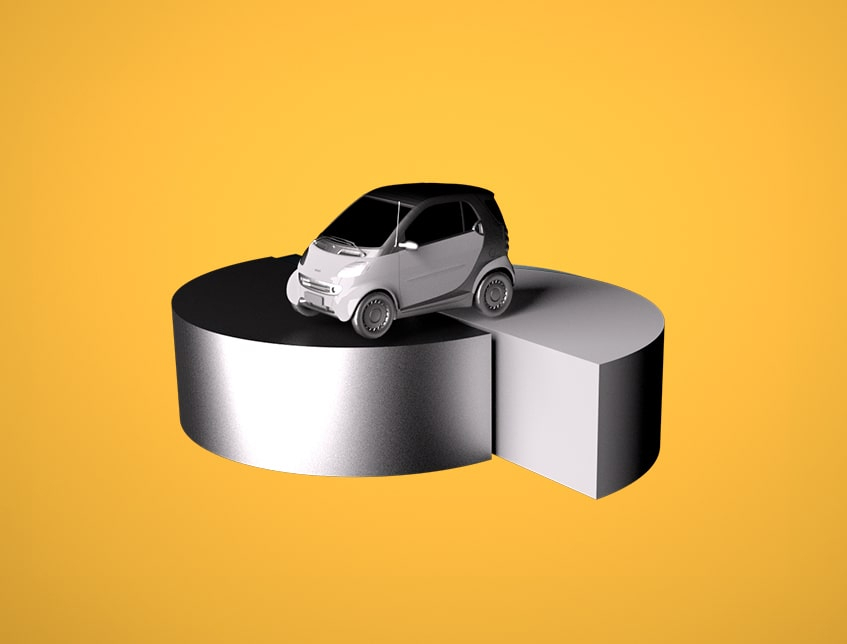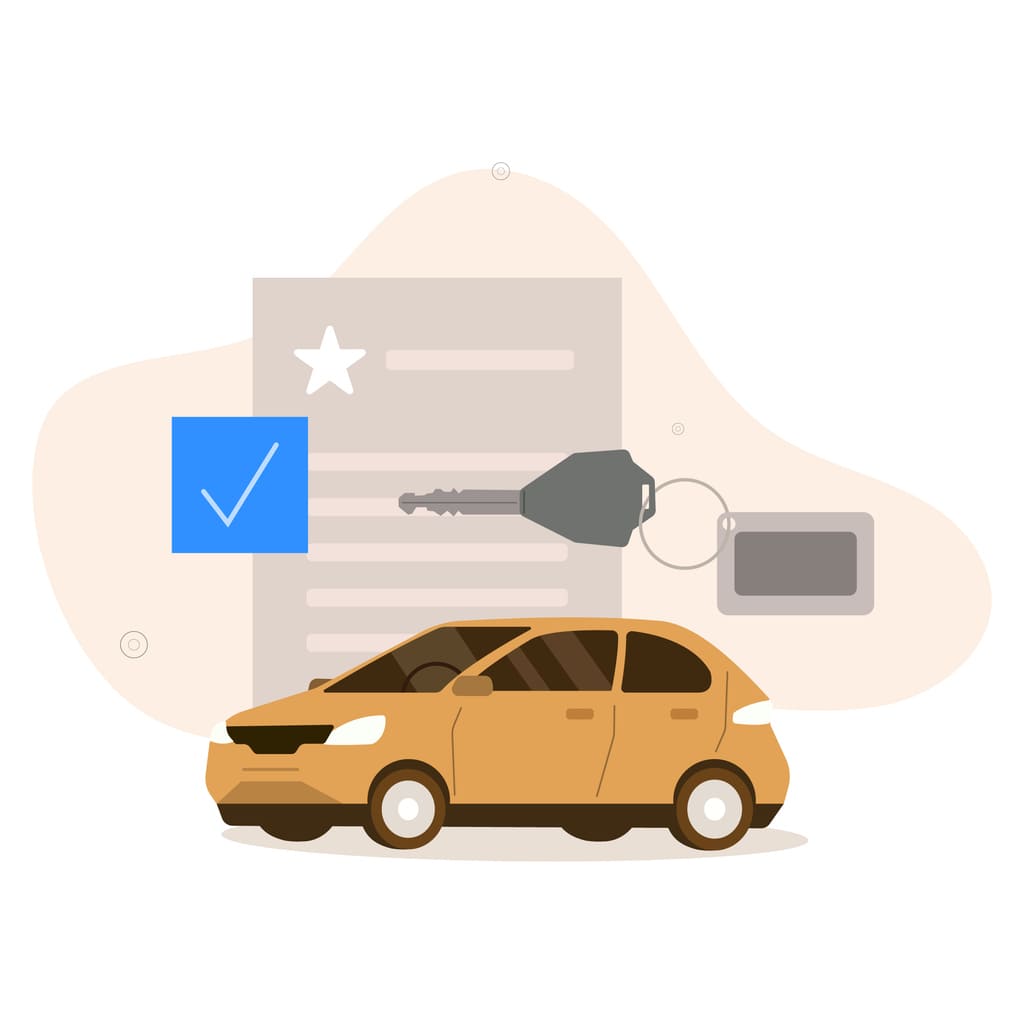What is a Car Loan?
An car loan is a type of financing specifically designed to help consumers purchase a car. This loan is typically provided by a financial institution, a private lender, or directly through the car dealership. The amount borrowed allows you to buy a vehicle immediately, while you repay the sum, with interest, over a predetermined period.


Main Features

Loan Amount
The loan typically covers between $5,000 and $75,000, depending on the vehicle's price and your creditworthiness.

Loan Term
Repayment terms range from 12 to 96 months.

Interest Rates
These may be fixed or variable, depending on the lender.

Collateral Options
The vehicle usually serves as collateral for the loan.
Why Choose a Car Loan?
An car loan is a flexible and practical solution for buyers who cannot or prefer not to pay for their vehicle upfront. Here are some reasons why consumers opt for this type of financing:
Immediate Access to the Vehicle
With an car loan, you can purchase the vehicle you need immediately, even if you don’t have the full amount in cash.
Flexible Repayment Options
Car loans offer various repayment terms, allowing you to adjust monthly payments according to your budget.
Competitive Interest Rates
Interest rates for car loans, especially for new vehicles, can be competitive, particularly if you have a good credit score.
Tailored to Personal Needs
Whether you want a new or used car, an car loan can be customized to fit your needs and financial situation.
Advantages of a Car Loan
Car loans offer several benefits, particularly for those who want to spread the cost of a vehicle over an extended period.

Immediate Access
No need to wait to save up the full purchase price.

Customized Rates
Loans can be tailored to your financial profile.

Credit Score Improvement
Making regular, on-time payments can improve your credit history.

Flexible Repayment Terms
Choose a repayment period that fits your budget.
How Does a Car Loan Work?
An car loan follows a relatively simple process. Here are the main steps:
- Determine Your Budget
- Before applying for a loan, evaluate how much you can afford to spend. This includes the cost of the vehicle, additional fees (insurance, taxes, maintenance), and your repayment capacity.
- Choose a Lender
Options include:
- Financial Institutions: Competitive rates and transparent terms.
- Dealerships: Convenient but may have higher rates.
- Private Lenders: Options for those with poor credit.
- Submit Your Application
The application typically requires:
- Proof of income.
- A valid ID.
- A credit check.
- Receive the Funds
Once approved, the funds are transferred directly to the dealer or seller to finalize the purchase.
- Repay the Loan
You make fixed monthly payments, including principal and interest, until the loan is fully paid off.
Quick Loans
To make your dreams come true at the best price and on time, it's often a good idea to take out a quick loan to ensure you have the funds you need at the right time. Our consumer credit comparator covers all your needs.
Types of Car Loans
Traditional Car Loan
This is a standard loan where the lender provides a fixed amount for the vehicle purchase. You repay this amount over a set term with interest.
Dealership Financing
Dealerships often offer direct financing options. While convenient, this option may include hidden fees or higher rates.
Lease with Purchase Option (Leasing)
Leasing allows you to use a vehicle for a set period with monthly payments. At the end of the term, you have the option to purchase the vehicle.
Secured Loan
This type of loan uses the vehicle as collateral. It may offer lower interest rates, but the lender can repossess the car if payments are not made.
Tips for Choosing the Right Car Loan
- Compare Interest Rates: Don’t settle for the first offer. Compare multiple lenders to get the best rate.
- Calculate the Total Cost: Consider both monthly payments and the total loan cost, including interest.
- Opt for a Shorter Term: While longer terms reduce monthly payments, they increase total interest costs.
- Check Your Credit Before Applying: A good credit score can qualify you for lower interest rates.
- Avoid Balloon Loans: These have low monthly payments but a large final payment that can be difficult to manage.

Car Loan for Poor Credit
Even with bad credit, you can still get a car loan. Specialized lenders offer options for borrowers with low credit scores, though these loans often come with higher interest rates.
- Save for a Down Payment: This reduces the amount you need to borrow.
- Choose a Used Car: Less expensive vehicles reduce the loan size.
- Improve Your Credit Before Applying: Pay bills on time and reduce existing debts.
Tips for Getting a Car Loan with Bad Credit:
Conclusion
An auto loan is an essential solution for those looking to buy a vehicle without paying the full amount upfront. With its flexibility, variety of options, and financial benefits, it can accommodate nearly any situation. However, it’s crucial to compare offers, understand loan terms, and ensure repayments fit comfortably within your budget. With careful planning, a car loan can help you hit the road with peace of mind.









